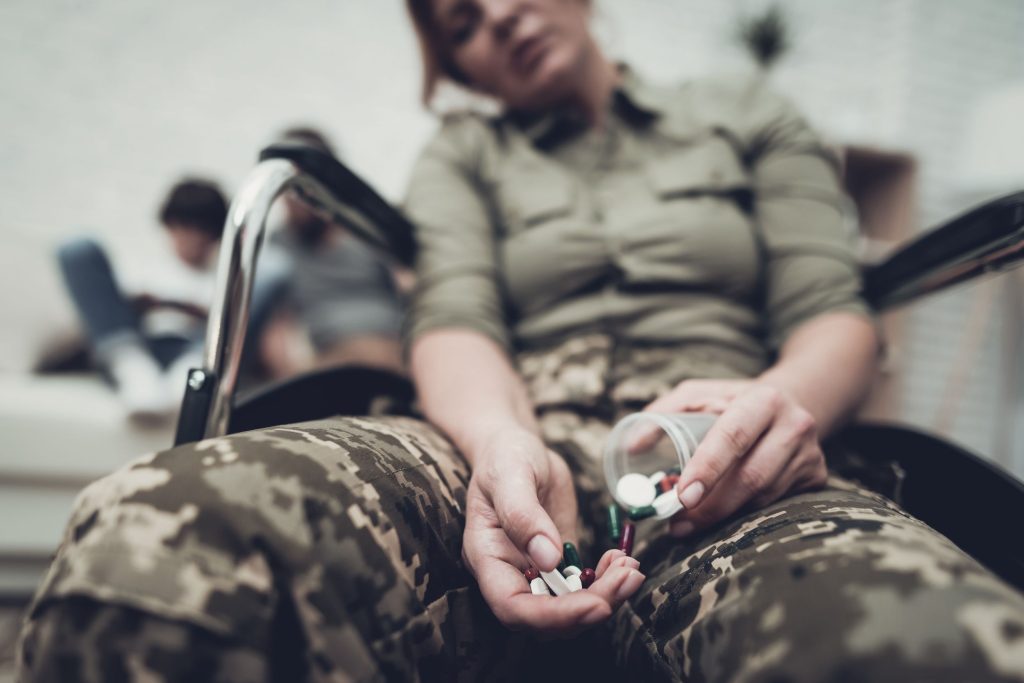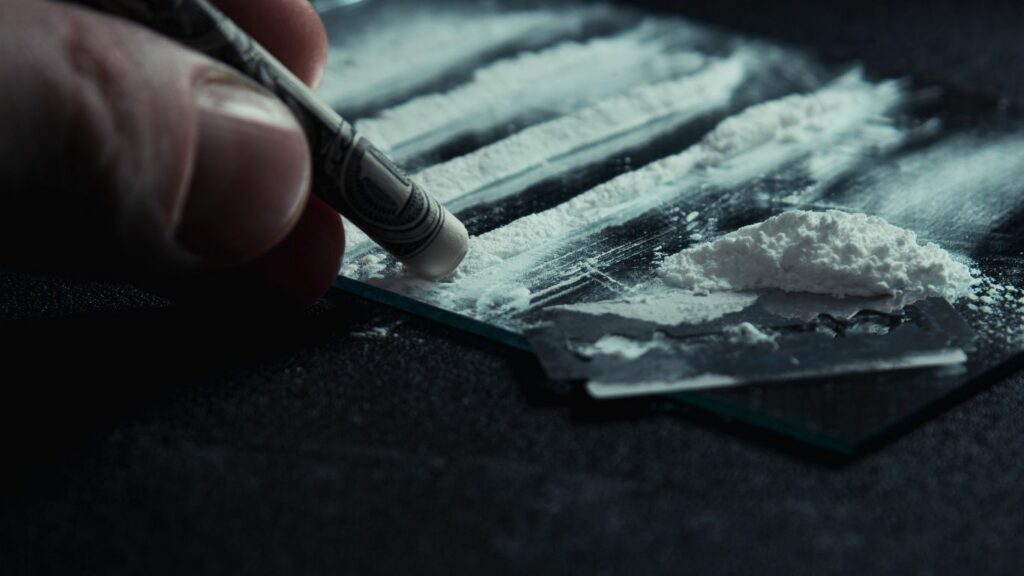Substance Abuse and Mental Health in Veterans :

Substance Abuse in Veterans
Hope is on the Horizon
We pride ourselves in providing an authentic path to addiction treatment and recovery. Come experience the difference at DayBreak.
Call NowSubstance Abuse in Veterans ,Over one in ten US veterans have been diagnosed with Substance Abuse disorder, and deployment is associated with risky behaviors and unhealthy behaviors like smoking, drinking, and drug use. After service, veterans are more susceptible to alcohol use (56%), with 7.5% heavily drinking or binge drinking. Around 30% smoke tobacco or vape. The period of readjustment and the stress of trying to reintegrate back into normal life,Substance Abuse in Veterans along with suffering from post-traumatic stress disorder and other issues due to relocation, deployment, and lack of sufficient support when returning home are all factors in veterans drug abuse statistics as well.
Estimates place the number of gay, lesbian, bisexual, and transgender veterans at around one million in the United States. In 2011 when the “don’t ask, don’t tell” rule was repealed, it became legal to be openly LGBTQ+ and serve in the military, and it was only legal in 2021 to be openly transgender.
Gay veterans, bisexual and transgender veterans, and other LGBT veteran groups are at a much greater risk than the general population of developing an addiction, mental health challenges, and other negative outcomes. Lesbian, gay and bisexual veterans are at an elevated risk for stress and may face serious challenges in getting the safe, appropriate, inclusive, high-quality veterans health care they need when it comes to physical and mental health services administration.
Risk Factors for Substance Abuse and Addiction
Although any veteran is at risk of developing mental health conditions and experiencing traumatic events that may manifest as post-traumatic stress disorders, people who are in the LGBTQ+ community face several challenges in their daily lives that many may not understand, like:
- Social rejection, judgment and isolation
- Cultural barriers
- Repeated exposure to stress and mistreatment
- Discrimination at the hands of superiors and peers
- Sexual harassment, harassment, stalking, violence, and hate crimes
- High frequencies of medical discrimination, insensitivity, bullying, and violence, resulting in negative perceptions of health care, less comfort in disclosing their sexual orientation or identity, delaying treatment, or not fully disclosing everything to their doctor
- Facing health care providers who lack knowledge about care for transgender people and gender and sexuality minorities.
- Exclusionary government policies in place regarding gay, bisexual, and transgender folks
- Preventable health disparities due to healthcare inequality and lack of services available
At least 93% of transgender service members have reported experiencing stigma, bullying, and barriers to obtaining gender-affirming services while in the military, and in one study on lesbian veterans seeking care, 10% reported experiencing harassment, 10% reported being refused treatment, and 50% hid their sexual orientation to avoid issues and mistreatment.
Because of these issues many LGBTQ+ people may not feel comfortable or safe seeking medical care, psychiatric help, or treatment for their substance use disorders. Substance Abuse expert Joshua Hughes will Guide you through many therapy modalities. They may fear rejection or violence. LGBTQ+ veterans are two times as likely to experience depression and suicidal thoughts than heterosexual veterans, and they are more likely to present with PTSD and substance use disorders.
Organizations, Benefits and Mental Health Care for LGBTQ Veterans
Finding appropriate mental health care, benefits, and support after you serve in the military is important to your overall well being and your future. VA policies protect your rights as an LGBTQ+ veteran, with policies in place to protect against discrimination based on gender expression, sexual orientation, and gender identity.
The Veterans Affairs (VA) department is authorized to provide military veterans with:
- Mental health care
- Substance abuse and alcohol and drug addiction treatment including tobacco cessation treatment
- Heart health care
- STI treatment and information on prevention
- Intimate partner violence reduction
- Hormone treatments
- Appropriate cancer screening, prevention, and treatment
VA health cannot provide gender confirming or affirming surgeries, nor can they provide cosmetic reconstructive surgeries, but they can provide preoperative evaluations, medically necessary post-operative care, support letters and help ensure the veteran qualifies for their surgery from surgeons working outside the VA health system. Every veterans affairs facility is required to have an LGBT veteran coordinator to connect veterans with culturally competent providers and provide training to make a welcoming and safe environment for all.
Addiction Treatment Programs for LGBTQ Veterans at Daybreak Treatment Solutions
At Daybreak, our team is culturally competent, open, and non-judgmental, and we provide a safe and comfortable place for LGBTQ veterans to come for substance abuse treatment. With integrated treatments in a private and secure environment, you will receive the substance abuse and mental health care you need to become reinspired in your life as we work with you to treat the social, psychological, physical, emotional, and behavioral components of addiction. If you belong to the LGBT community and are looking for va health care options, please call us at (215) 770-1939 to get started down your road to recovery today!


